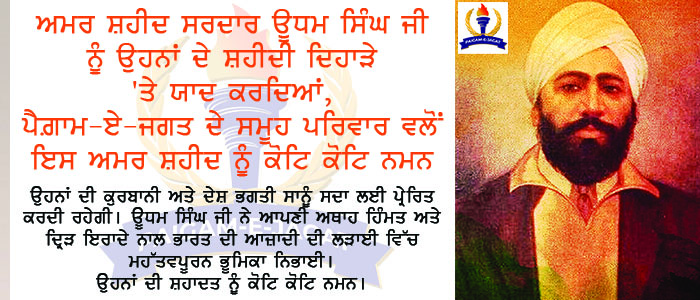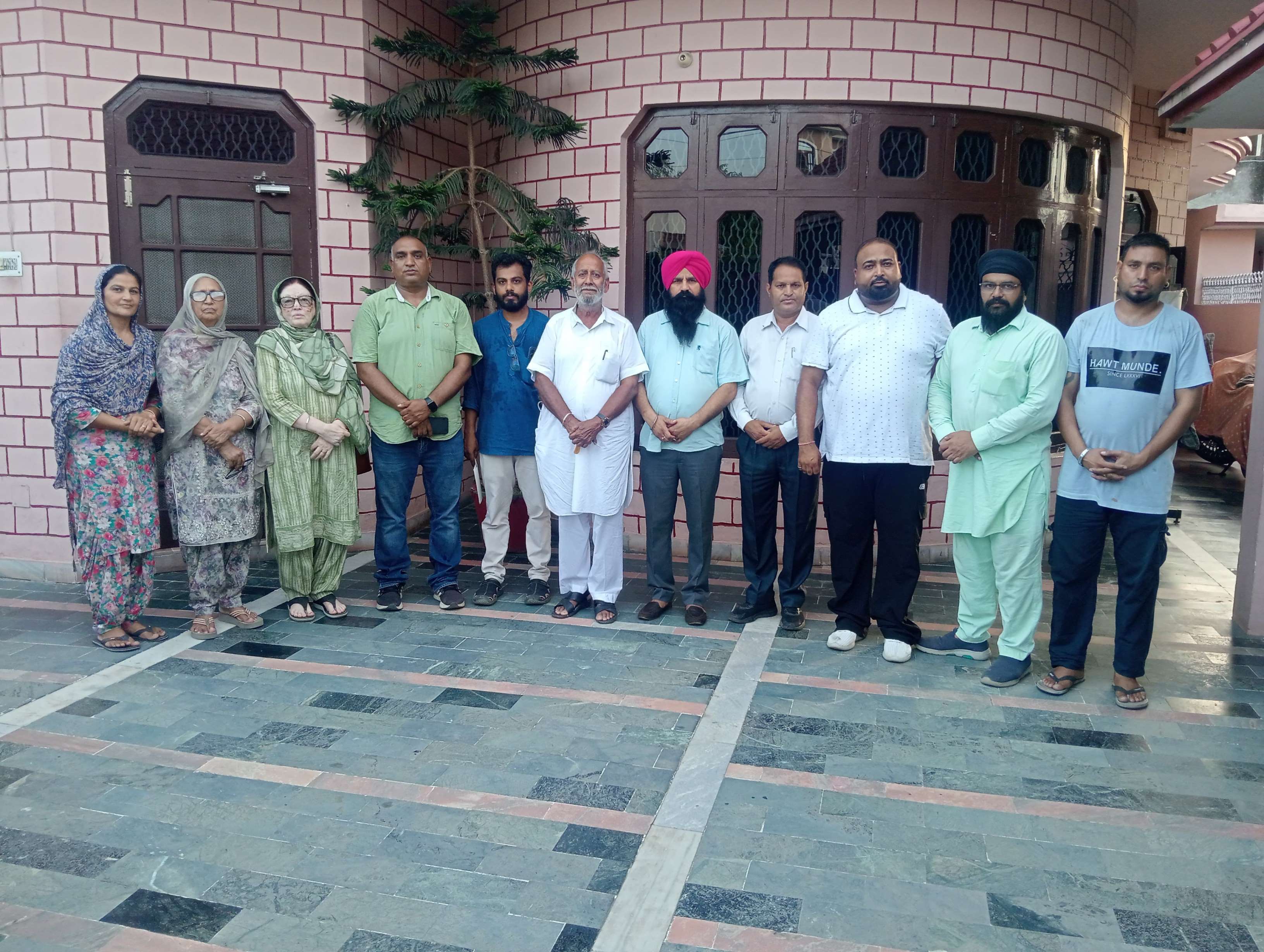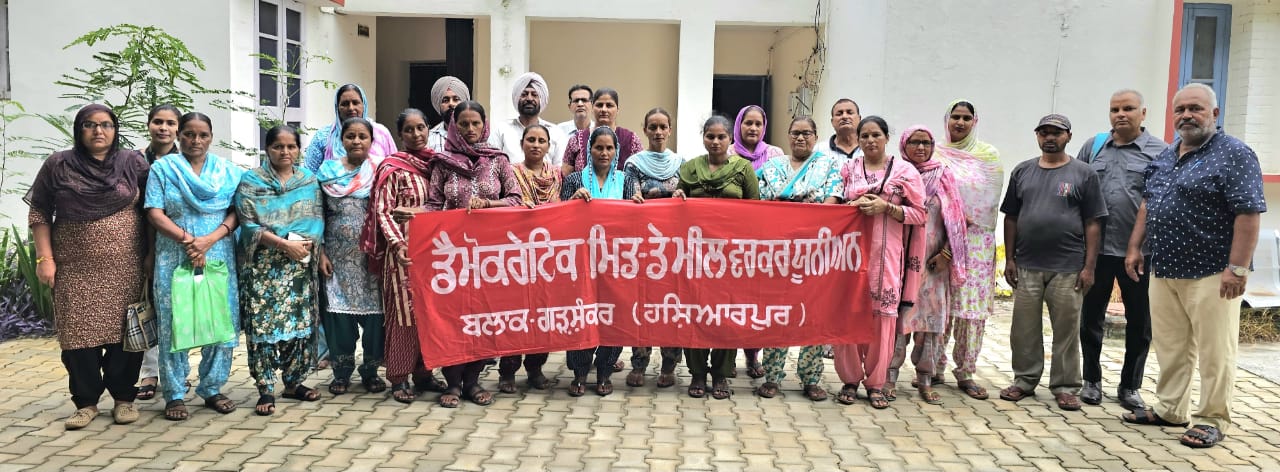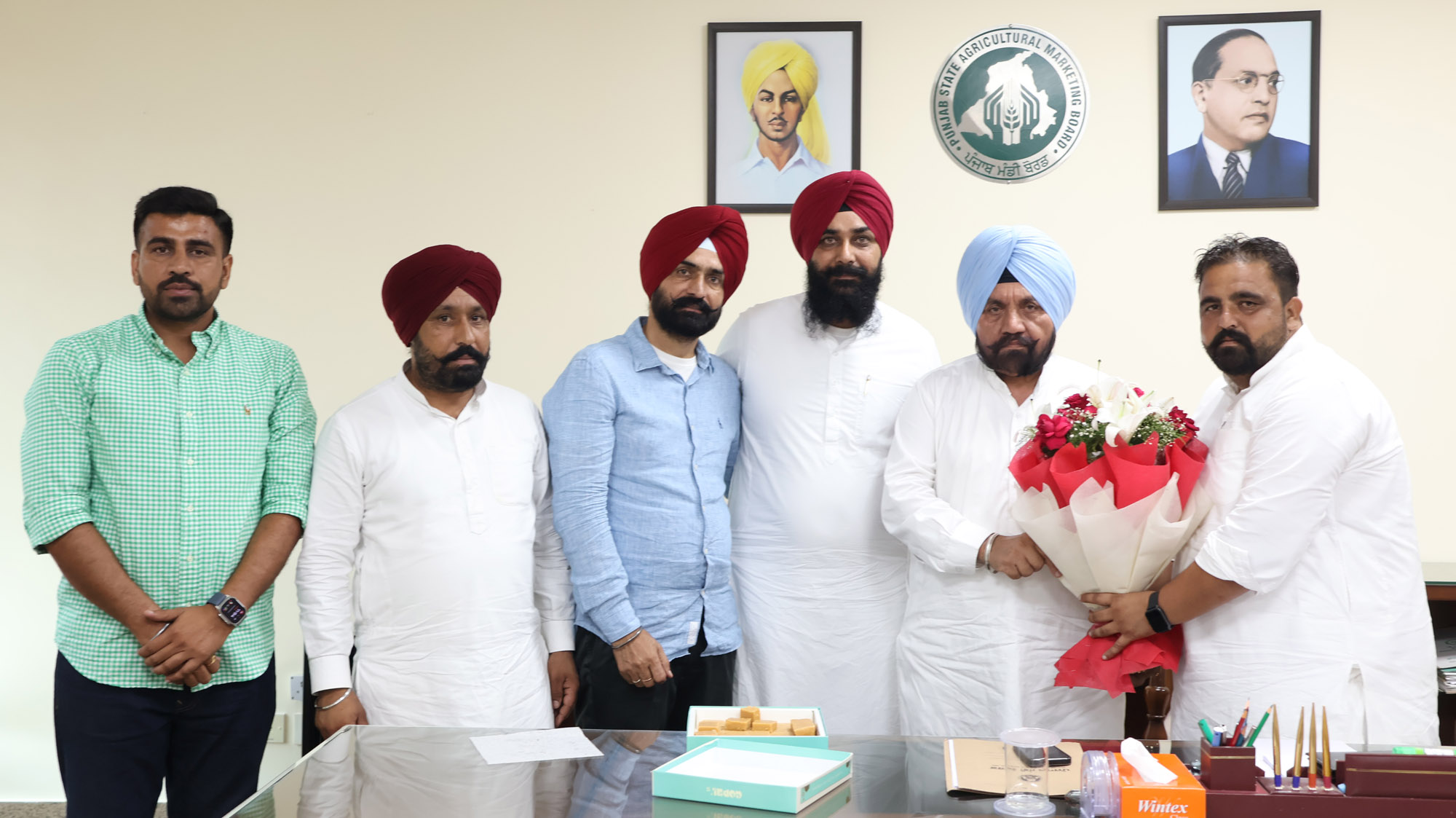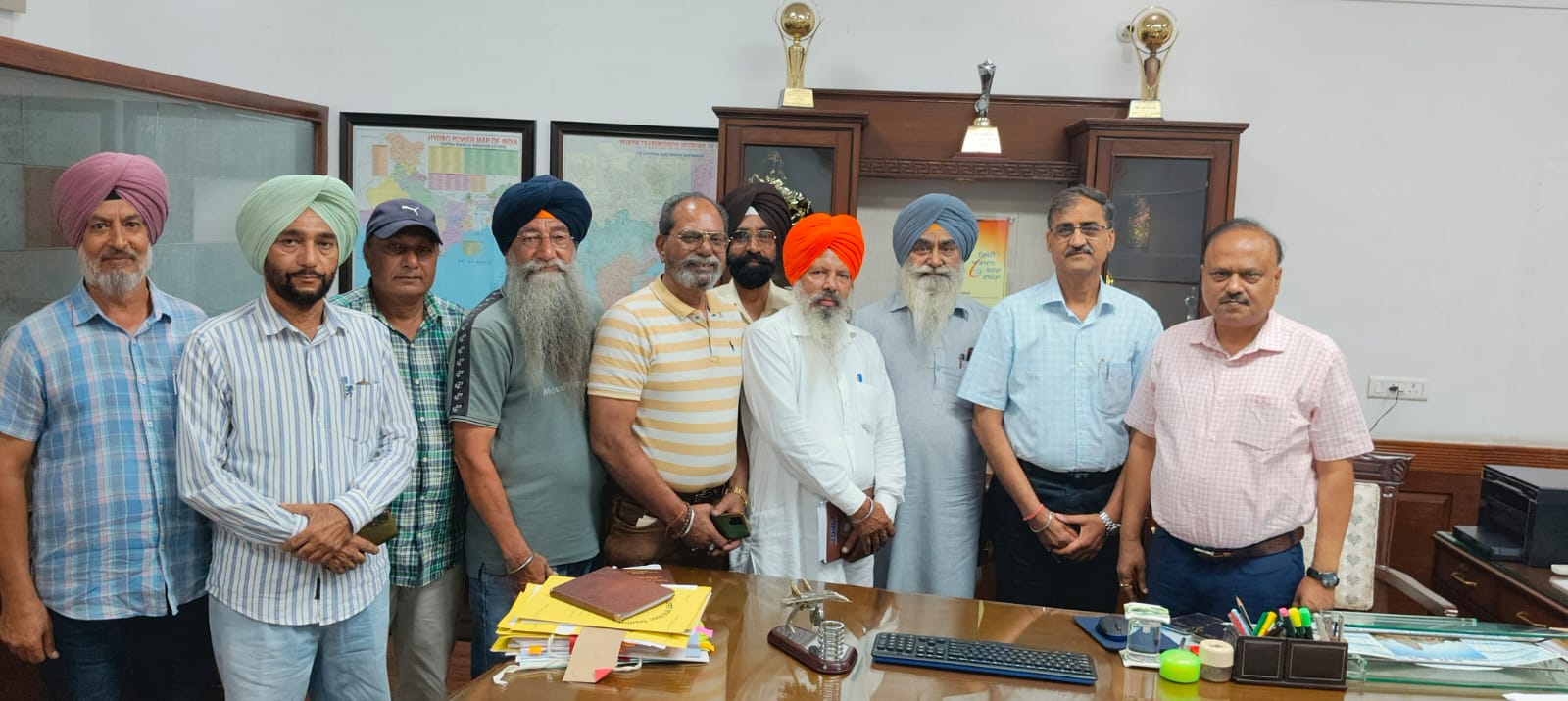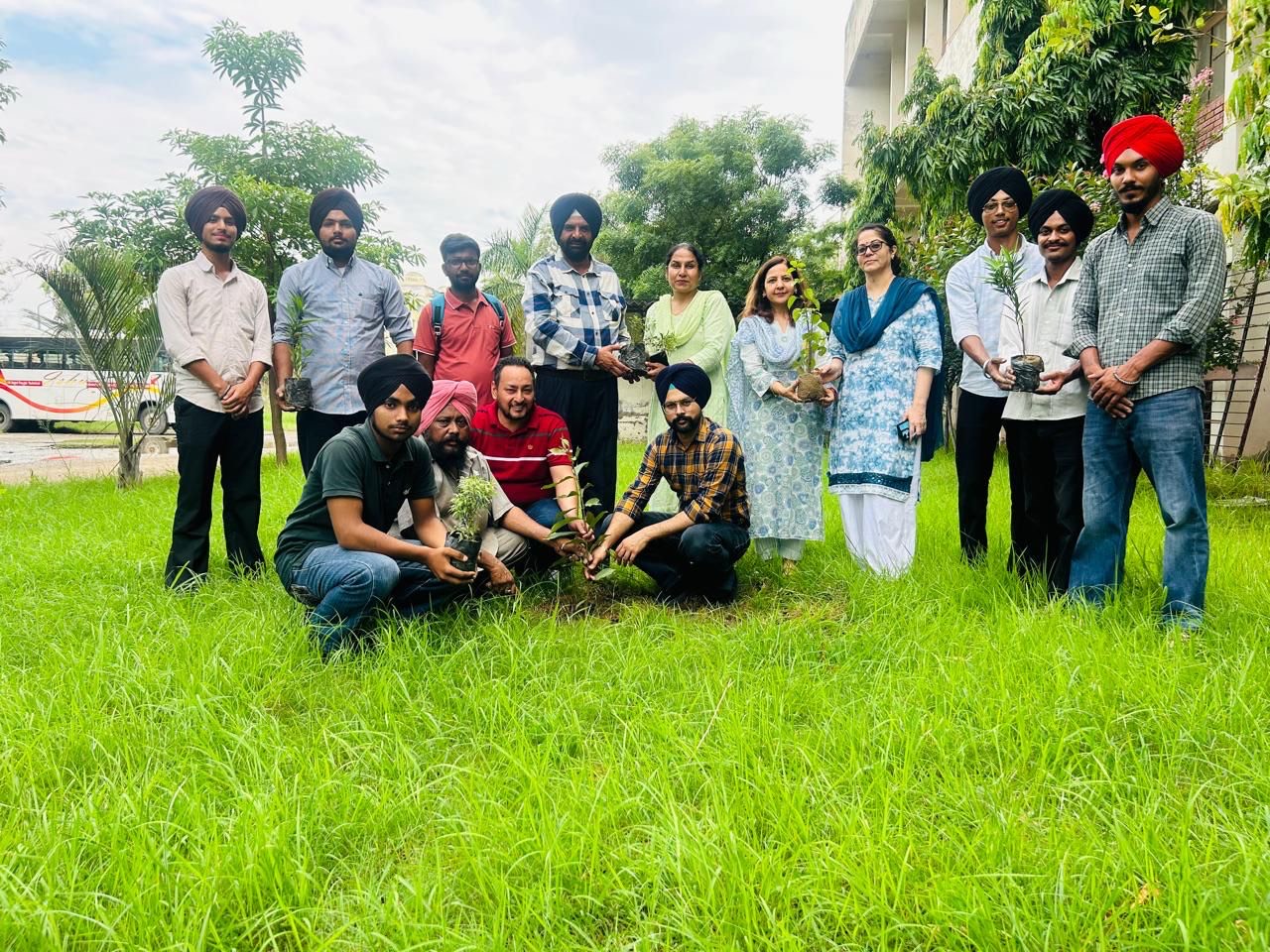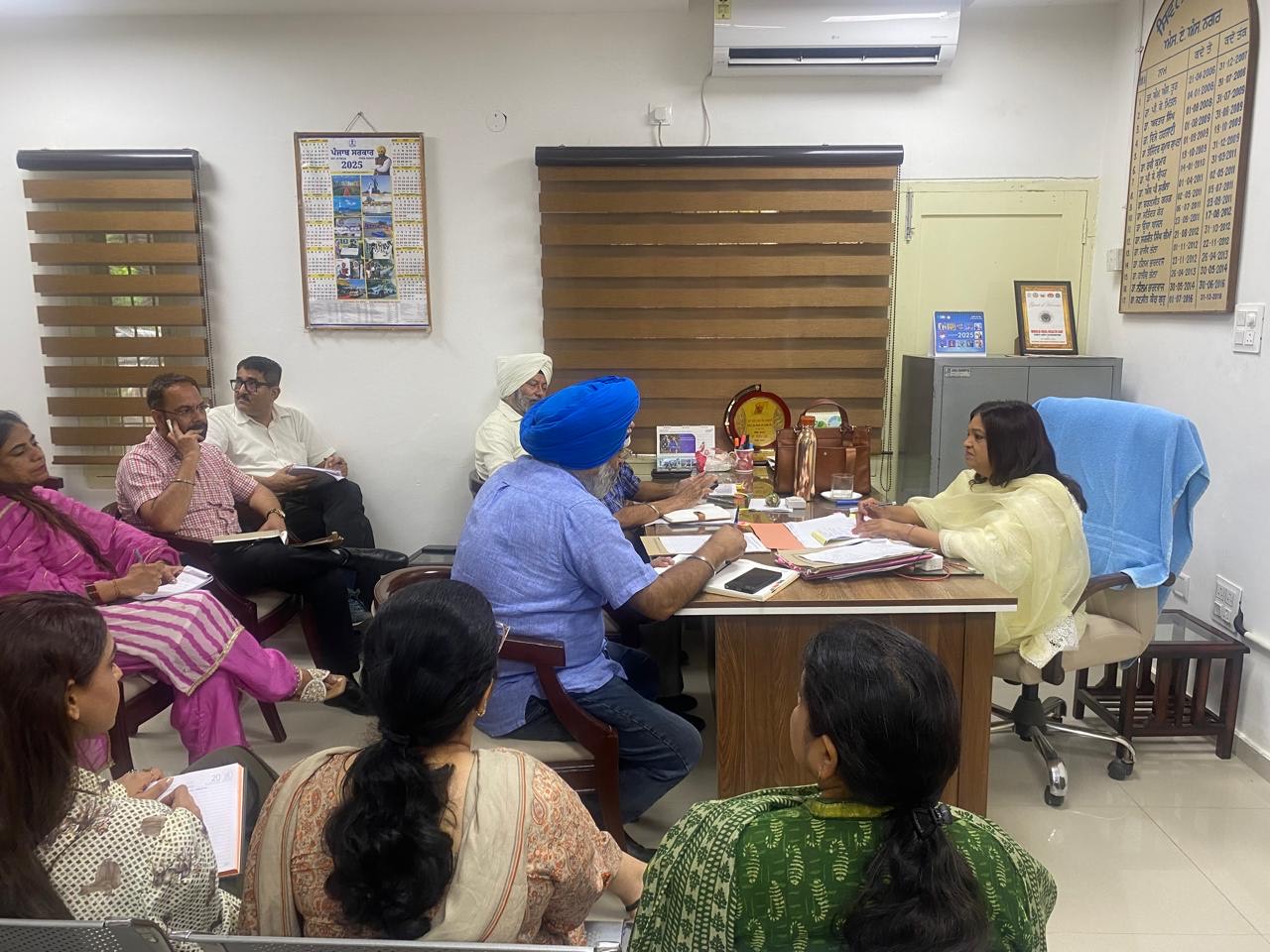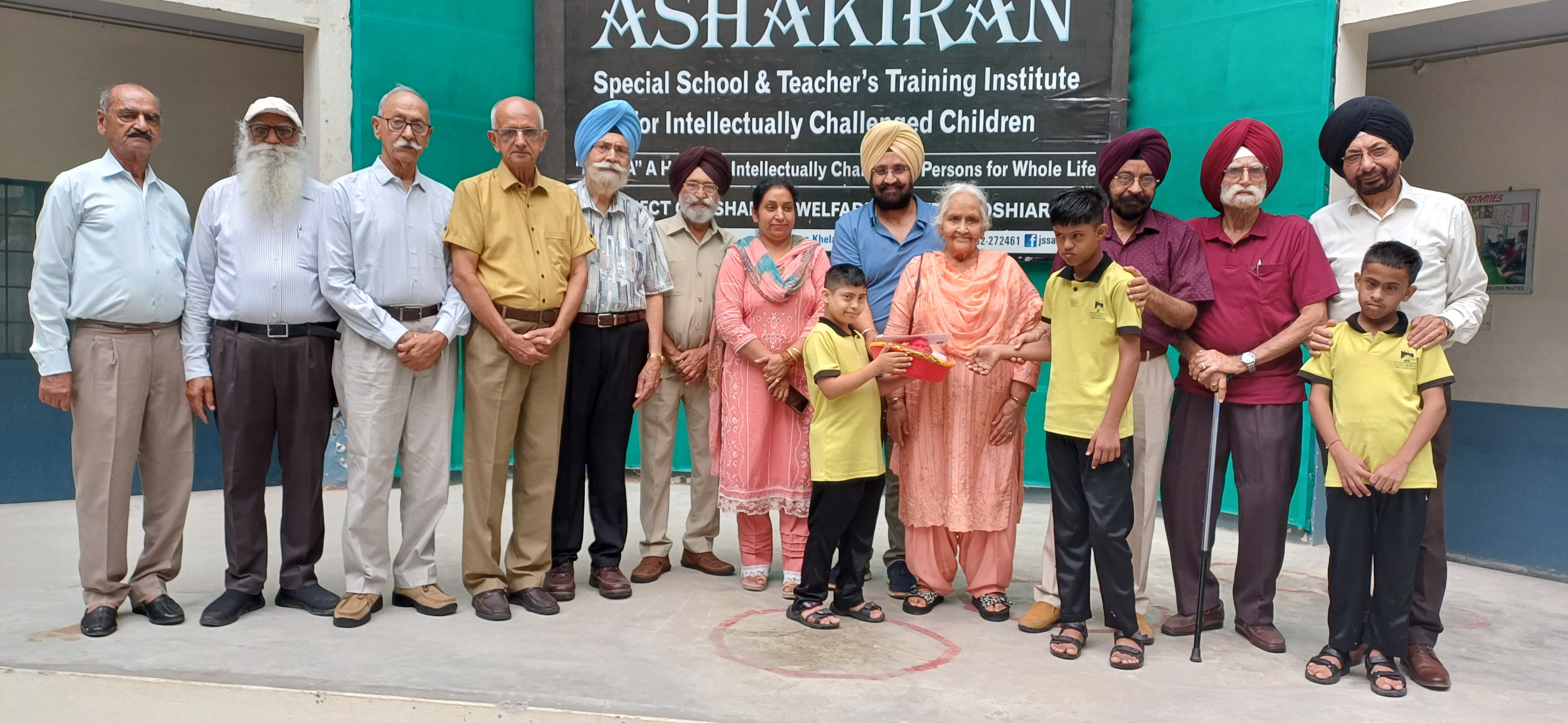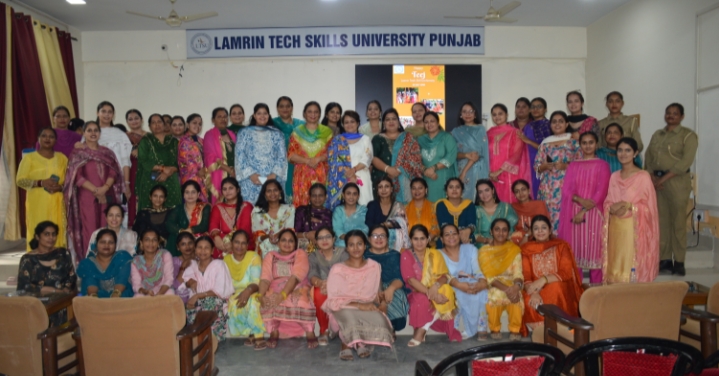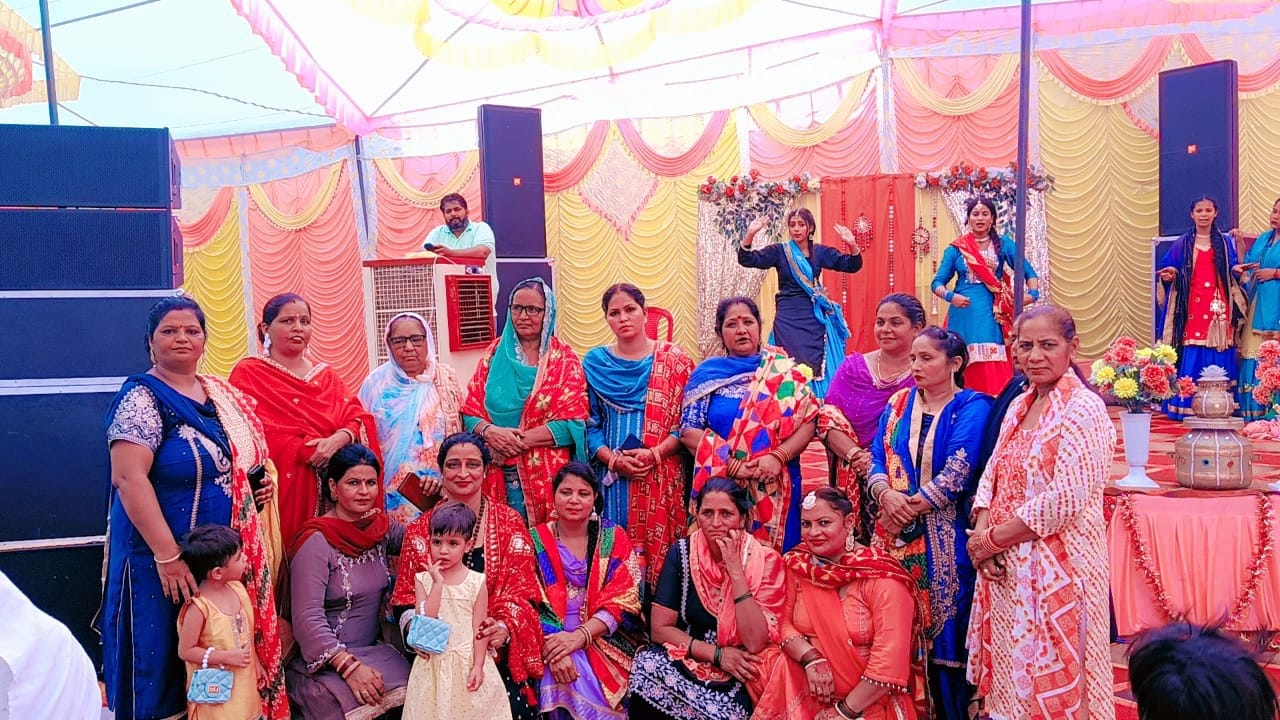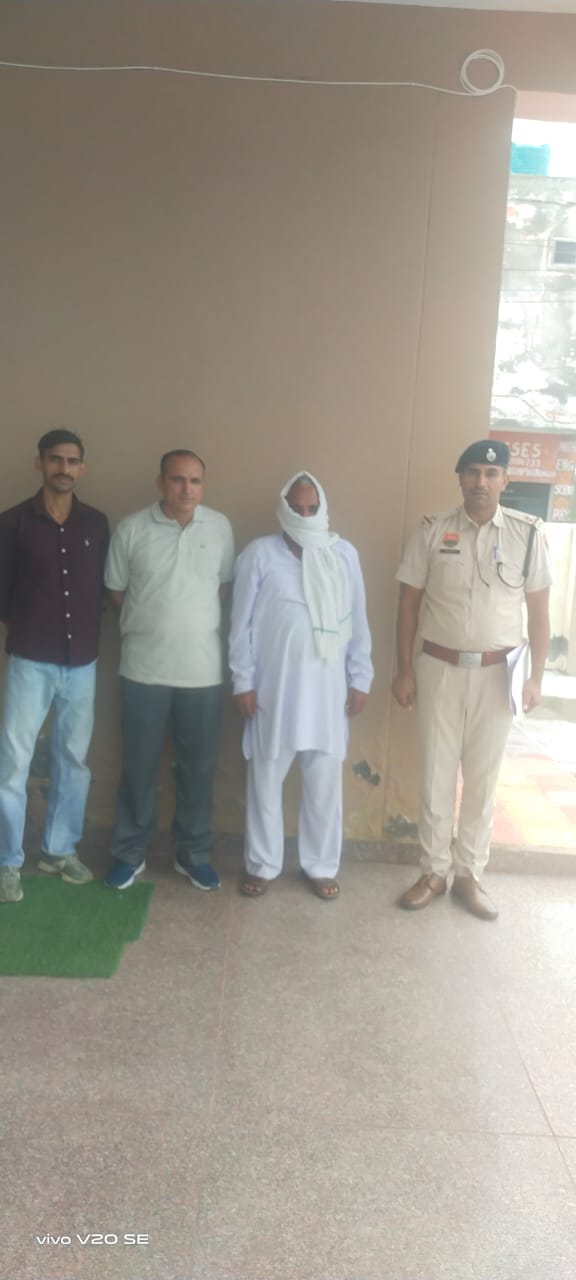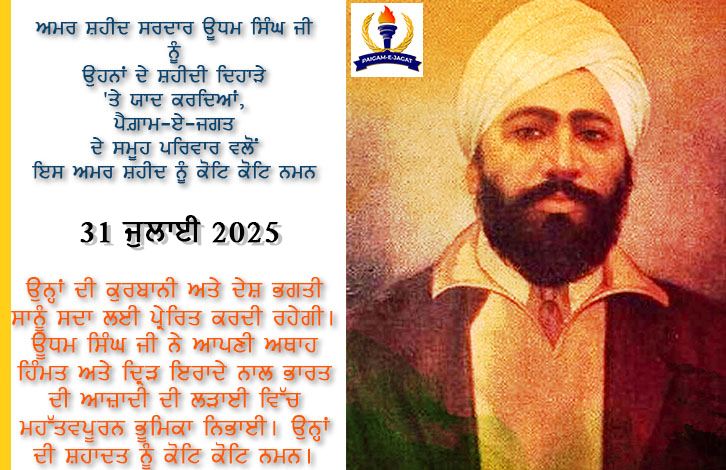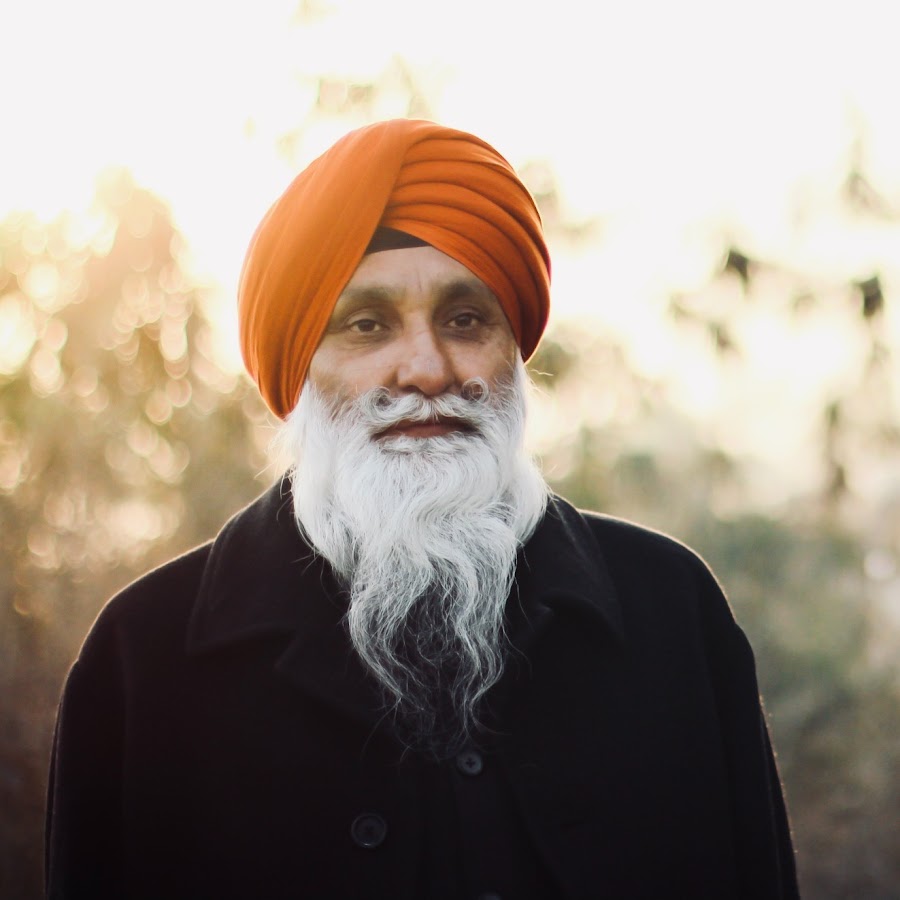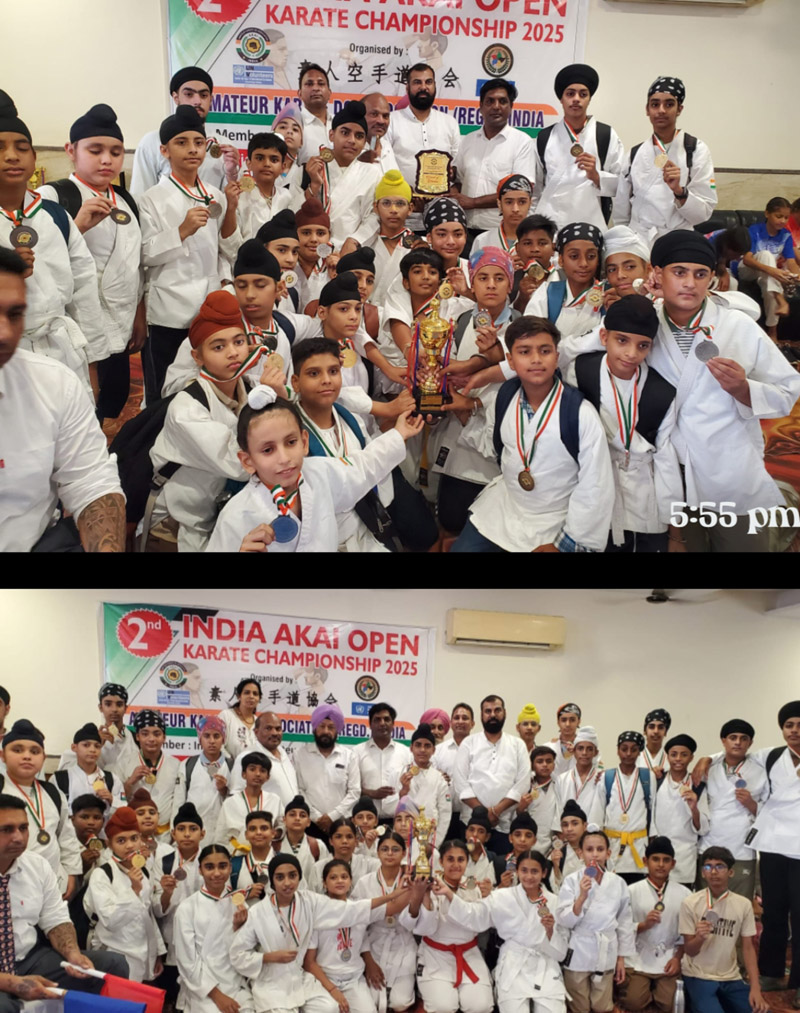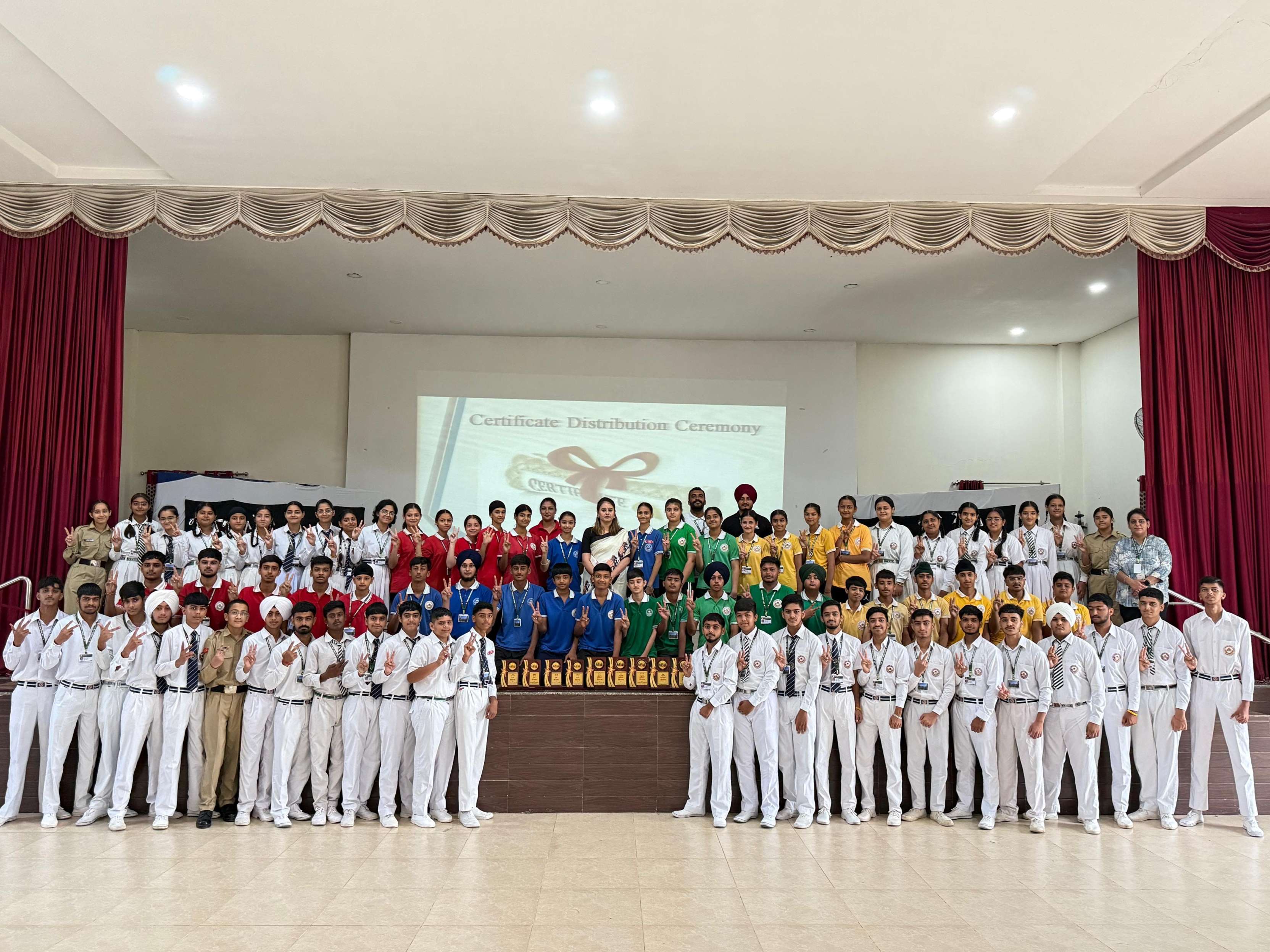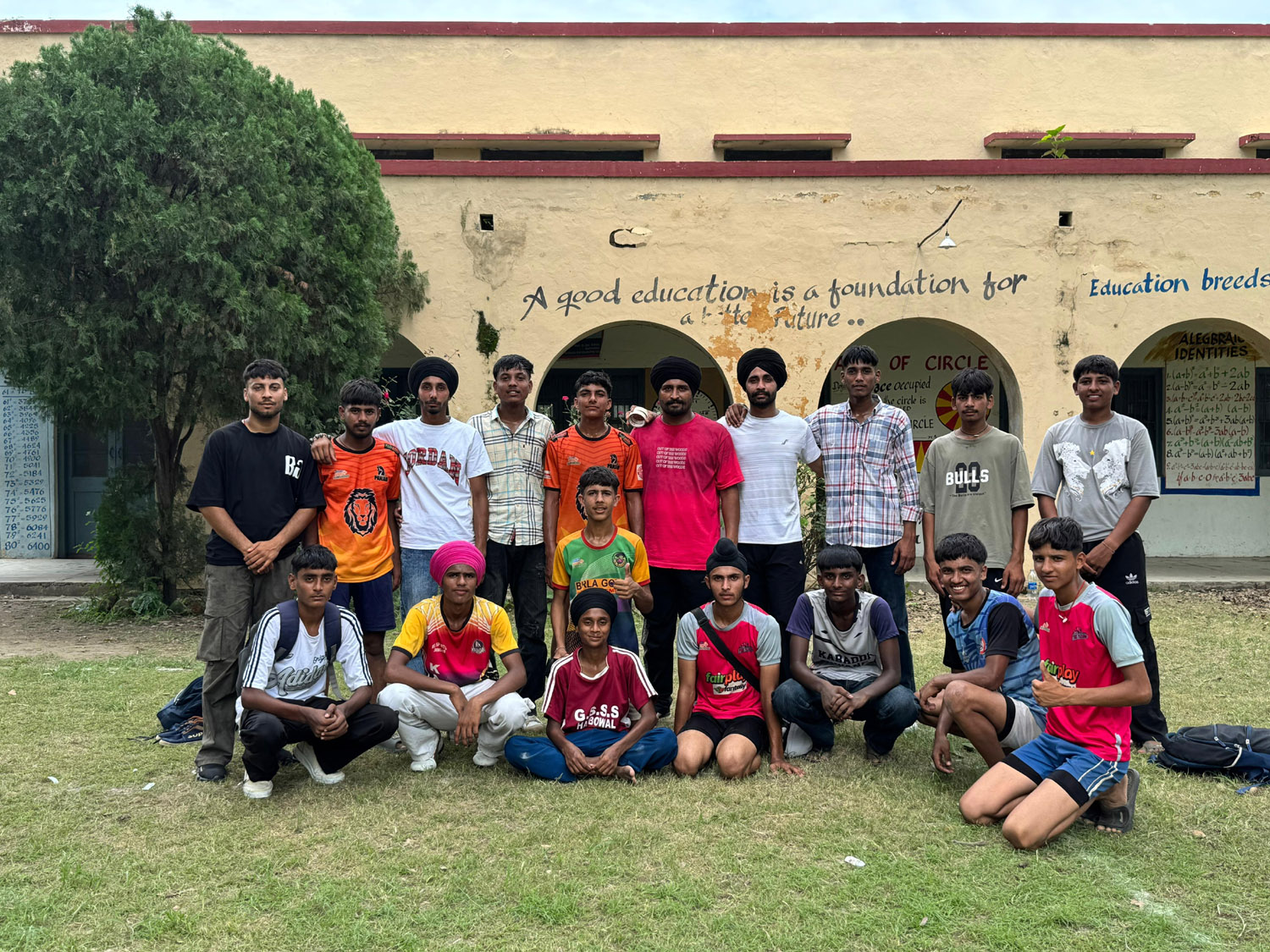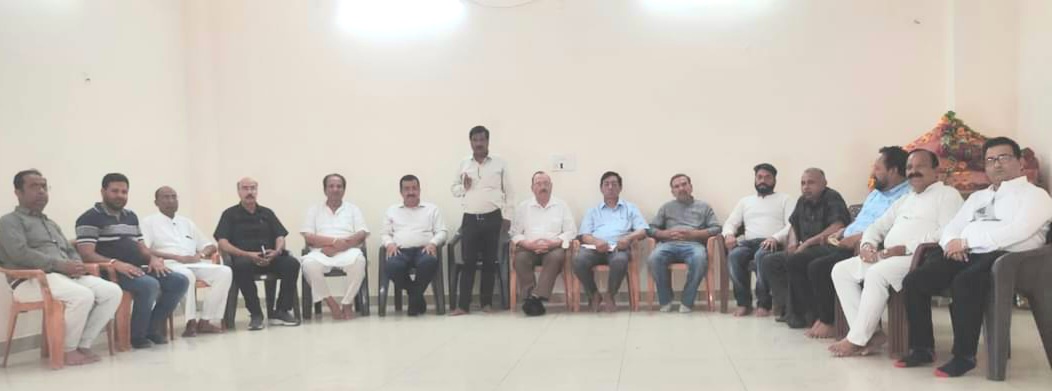The creator of the pure human being, Sri Guru Nanak Dev Ji
The light that appeared in the house of Mehta Kalu ji from the womb of Mata Tripta ji on the day of Cuttack Purnima in 1469, the light of that full moon illuminated this universe for eternity.
The light that appeared in the house of Mehta Kalu ji from the womb of Mata Tripta ji on the day of Cuttack Purnima in 1469, the light of that full moon illuminated this universe for eternity.
That time was a time of darkness for the people of India, the fog of filth had spread the darkness of oppression within the people of India, due to which people were forced to live a foolish life by bowing to the darkness of oppression and tyranny. In such a terrible time, the light of Guru Nanak Dev ji proved to be a great boon for India and the dark rooms of the minds of the people were illuminated by this light. Their bodies started feeling the burden of the chains of slavery, the dead conscience started awakening by holding the hand of freedom.
He first propounded three principles for the construction of human society. These principles were:-
Naam Jape, Kirat Karen and Wand Chhako'
First of all Guru Sahib Ji reminded of Akal Purakh, who created this universe and sent man to this earth as Sardar i.e. King, which Sahib Sri Guru Arjan Dev Ji expressed many times through these words.
"Avar Yoni Teri Panihaari,
Is Dharti Mahi Teri Sikdari"
It was necessary to make people realize this truth, because man in ignorance, despite being a king, was caught in the chains of slavery.
Sahib Shri Guru Nanak Dev Ji made man realize this and established the principle of joining the gratitude of the Creator that God, who has done a great favor on us by blessing us with the gift of human body, has the sovereignty of the earth. It is our first duty to join in His gratitude by establishing His memories in our hearts.
The second principle he established is 'Kirat Karen' because the human body needs bread, clothes and shelter to keep the stomach alive, to cover the body and hide the head. For this achievement man was asked to do real and honest work. These needs cannot be fulfilled without labor. Otherwise man is forced to become a beggar. A holy person cannot be a beggar, so by establishing the memory of Akal Purakh in the heart and To live gratefully, it is necessary to work. A hardworking man can become a donor by removing poverty from his neck.
The third principle that Guru Sahib Ji gave to man is 'Wand Chakkan'. This principle was also necessary for the welfare of man, because if a man is fulfilling his needs, then it is his duty to ensure that no one in his neighborhood is hungry, naked or homeless. The heart should not be hard, only a soft-hearted person can be charitable. Hardness of mind does not allow humanity to awaken in a person and causes ego. A person suffering from ego cannot join in the praise of Akal Purakh, cannot thank him. He becomes ungrateful, then his conscience dies. For this reason Guru Sahib Ji made the principle of dividing the labor done for the life of a true man mandatory.
These three principles complement each other and are also the basis for the development of a pure human being. Without the firmness of these principles, a true society cannot be built. That is why Guru Sahib Ji basically taught to apply these principles to humans.
The firmness of these principles brought a great revolution among the people of India, due to which the image of India started changing.
This revolution created this feeling in humans that:
"Bhai Parati Manukh Dehuriya,
Gobind Milan Ki Eh Teri Variya"
Thus, the light of Guru Nanak Dev Ji awakened humanity in people and made them realize that they are the Alexanders of this earth. And by explaining the true meaning of human life, he showed the right path to the soul separated from God to attain God. Due to which countless souls have succeeded in making their lives successful.
Only by understanding and propagating this philosophy of Sahib Guru Nanak Dev Ji, efforts can be made to implement the ideology of Sarvajan Hitaya Sarvajan Hitaya in the whole world, which is the first need of today's time.
Prof. Apinder Singh
